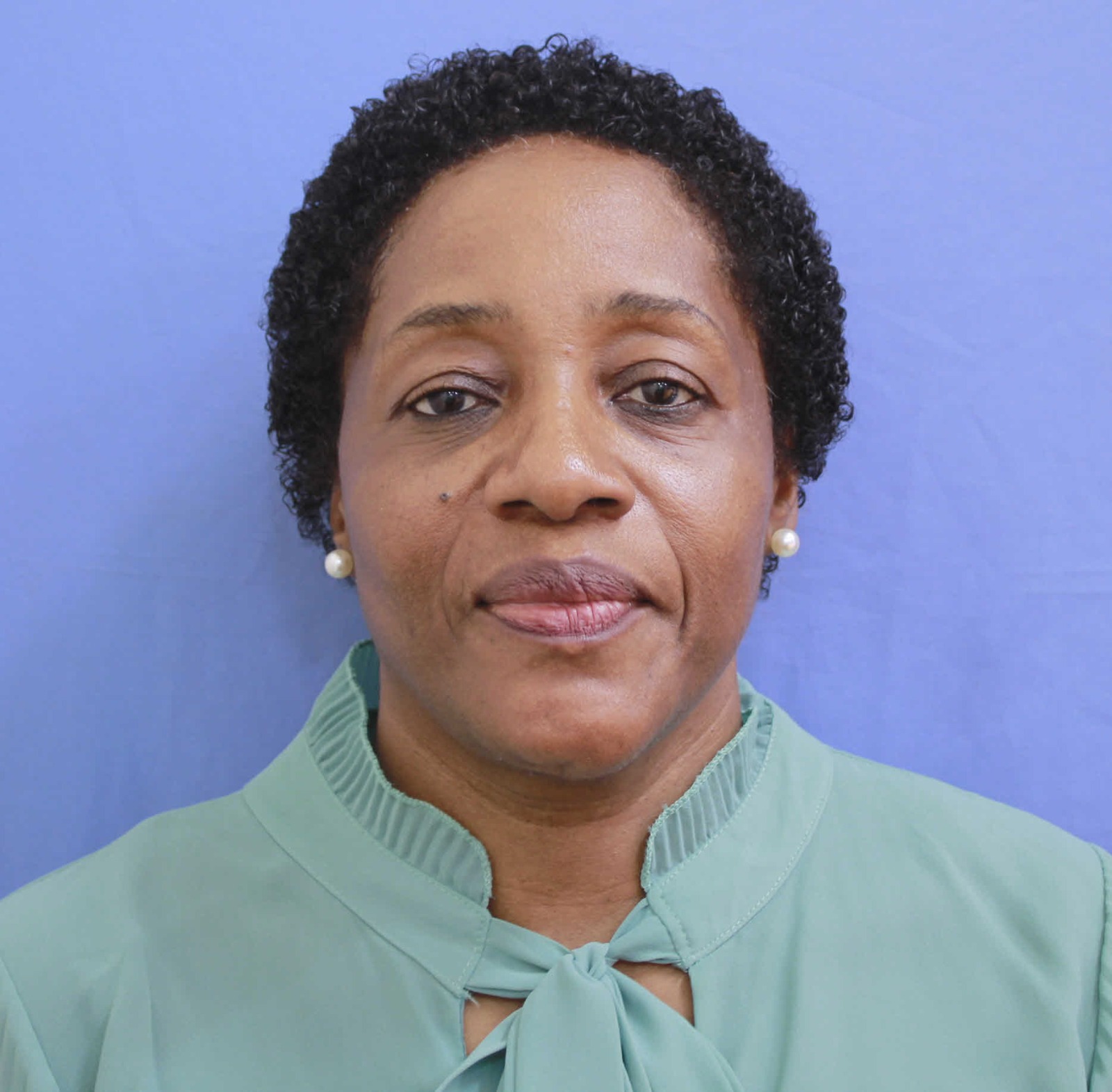Welcome to the College of Humanities
Welcome to the College of Humanities at the University of Dar es Salaam, Tanzania. Through our comprehensive programmes, we strive to develop students who are not only knowledgeable and responsible but also highly competitive and employable graduates. Our diverse range of disciplines, dedicated faculty, and engaging learning environment provide students with the skills, critical thinking abilities, and practical experiences needed to excel in their chosen careers. Join us at the College of Humanities as we empower you to become a well-rounded individual equipped for success in today's ever-changing world.

Dr.SILKILUWASHA,Y.M.Mpale
Principal Cohu
College Background
Established in 1964, the College of Humanities has a rich history that began with the establishment
of the Faculty of Arts and Social Sciences (FASS) as the second faculty after the Faculty of Law.
This marked an exciting transition from the old College premises on Lumumba Street to the new campus
area at Mlimani, which derives its name from the Swahili word meaning "on the hill."
In 2009, the Faculty of Arts and Social Sciences received a well-deserved upgrade to the status of a
college, and it became known as the College of Arts and Social Sciences (CASS). As the journey
continued, the College of Arts and Social Sciences (CASS) was further divided in 2013, leading to
the creation of two separate colleges: the College of Humanities (COHU) and the College of Social
Sciences (COSS).
The College of Humanities (COHU) holds the responsibility of providing guidance, organization, and
administration of the day-to-day operations of its academic departments. With a strong commitment to
excellence, COHU ensures that each department works to its maximum potential, encourages
collaboration between departments, and fosters an interdisciplinary approach to knowledge
generation. These collaborations are the foundation and longstanding traditions that define COHU as
an outstanding institution for teaching, research, and consultancy.
COHU comprises six vibrant academic departments and a dedicated center. These include the Department
of Archaeology and Heritage Studies, the Department of Creative Arts, the Department of Foreign
Languages and Linguistics, the Department of History, the Department of Literature, the Department
of Philosophy and Religious Studies, and the esteemed Centre for Communication Studies.

Our Vision
At the College of Humanities, our vision is to establish ourselves as an internationally renowned center of excellence in the humanities. We are committed to setting the tone and actively engaging in the creation and application of knowledge that contributes to national, regional, and global development, encompassing both cultural and moral aspects.
Our Mission
At the College of Humanities, we view the humanities as powerful tools for organizing, clarifying, and comprehending the human condition and experience. Our mission is to blend rigorous academic inquiry with the overarching objective of uncovering and articulating hypotheses about the dynamic interaction between human beings and the world in a clear and accessible manner.
Our Values
- Excellence: We strive for excellence in all aspects of our work. We are committed to providing a superior learning experience, conducting impactful research, and fostering an environment that encourages innovation, critical thinking, and intellectual growth.
- Student-Centered Approach: We place our students at the center of everything we do. We are dedicated to their success and personal development, providing them with the knowledge, skills, and support they need to thrive academically, professionally, and personally.
- Interdisciplinary Collaboration: We believe in the power of collaboration and interdisciplinary approaches. By fostering an environment that encourages collaboration across departments, we enhance knowledge generation and encourage holistic perspectives that address complex societal challenges.
- Cultural and Moral Responsiveness: We recognize the importance of cultural diversity and the moral dimensions of human experiences. Our commitment to cultural competence and ethical awareness informs our teaching, research, and engagement with local, regional, and global communities.
- Innovation and Adaptability: We embrace innovation and stay at the forefront of developments in our fields. By integrating new technologies, methodologies, and pedagogical approaches, we prepare our students for the ever-evolving demands of the modern world.
- Engagement and Impact: We actively engage with our local, regional, and global communities. Through research, community service, and collaborative initiatives, we seek to make a positive impact, address social challenges, and contribute to the betterment of society.
- Integrity and Ethics: We uphold the highest standards of integrity and ethics in all our endeavors. We foster a culture of honesty, respect, academic rigor, and responsible conduct, ensuring that our students and faculty embody ethical principles and contribute positively to society.